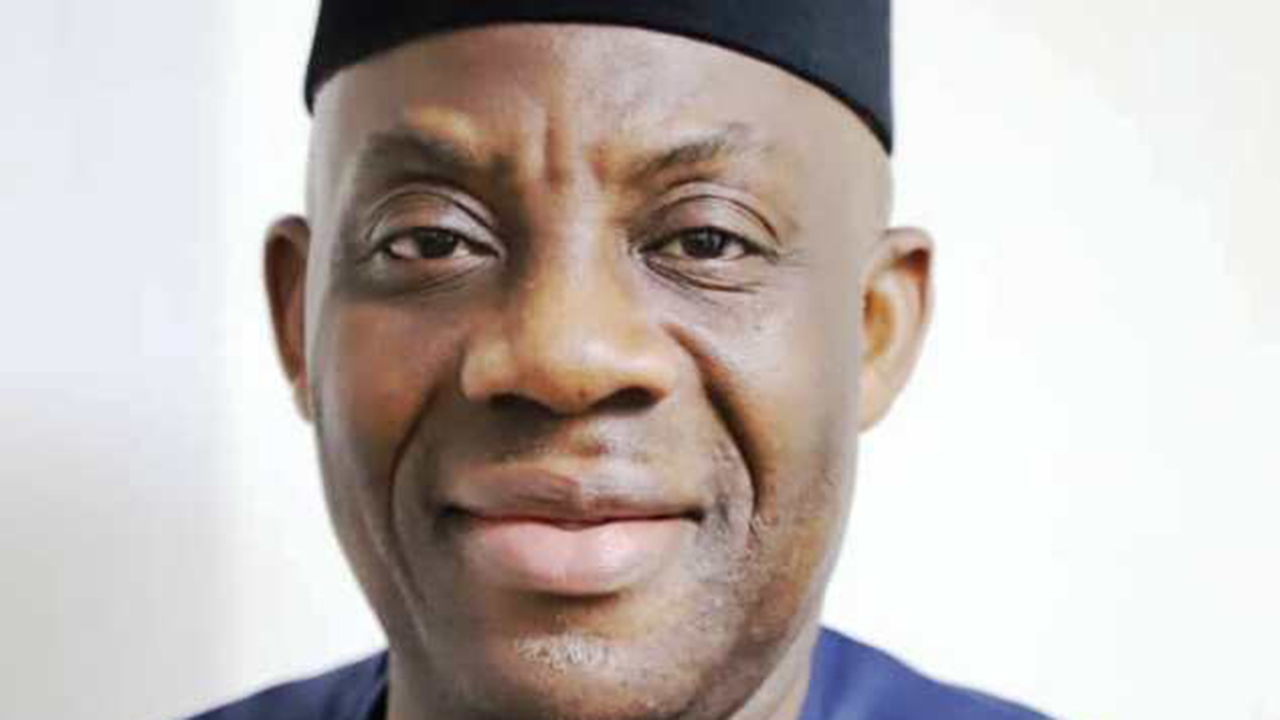On subsisting matters of status of the University, it bears re-stating that Nigerian academics have been treated with disdain by the political class with scant regard to their welfare and conditions of service. Their poverty has been weaponised to subdue them and to render them irrelevant in the scheme of things. This is evident from the Tertiary Institution Staff Support Fund (TISSF), a programme of the Federal Ministry of Education and Tertiary Education Trust Fund.
It is intended to support the staff to cater for: i. academic advancement ii.accommodation iii. Medicals iv. Transport v. Family matters vi Small scale business. It is interest-free with one year moratorium, a 5-year repayment period and upper limit of N10 million. The snag is that the loan is for poorly paid staff, academic and non-academic, who cannot take on additional burden of monthly deductions from their salaries. They are members of staff who are owed by the federal government sundry arrears on salary.
Specifically, the one year arrears on 25 and 35 per cent upward adjustment on salaries for different categories of staff effective from January 2023 have not been paid. A new salary structure for academics is still a matter on which the government is foot-dragging. But for the judiciary the government, on seemingly quid pro quo, acted expeditiously to provide enhanced pay for judges. Yet, “the key to peace and harmony in society is a sense of fair play —“( Lee Kuan Yew, P93). The need to address this double standard is urgent to avert another round of crisis in our universities.
The World Health Organisation recommends at least 15 per cent of national budget as allocation for the health sector, but our allocation is reportedly an average of 4-6 per cent. It is instructive that our teaching hospitals have qualified personnel but are hamstrung by lack of the working tools to discharge their duties professionally. I saw this lamentable condition at the premier Teaching Hospital, the UCH, Ibadan where they work assiduously but constrained.
Conscious of the limitations, the political class has institutionalised medical tourism with budgetary provisions such that in eight years a whopping $29.29 billion was reportedly incurred as foreign medical expenses, that is an average of over $3.6 billion annually (Punch, July 21, 2025). Where does this leave the rest of us, Nigerians, on matters of health care when the country simply exists to cater for the wellbeing of the political class?
It is noteworthy that the King of England, the late Queen, member of the royalty and of government seek/sought medical attention in their country, not in foreign land. This is the case in many countries. It is, therefore a matter of shame that our political leaders willfully undermine our health care system and erode our national pride in the institutionalisation of medical tourism.
On Research and Development there are over 66 Research Institutes in country covering areas in agriculture, industry, medicine, etc. Their sorry condition is a metaphor for Nigeria that is not working. The ideas behind their establishment were laudable but their failure to function optimally is symptomatic of governance failure, compelling the question: what are the priorities of government?
There is no national development plan into which all political parties must key, differing only in approach. There is no national cohesion and shared values to permit concerted effort towards collective goals and objectives.
The crisis of governance is exacerbated by the politics of 2027 presidential election with attendant alignments by politicians to secure power. The stakes are high on both side of political divide. Admittedly President Tinubu inherited an economy in comatose, poorly managed, from former President Buhari. It is a fact that the simultaneous equation involving two critical variables, floatation of the Naira andfuel subsidyremoval, thatthe President is solving is not near solution with the economy intractably in a state of flux. The opposition is taking advantage of it without offering a clear pathway out of the quagmire.
Undoubtedly, the economic reforms will take time to bear fruits, and while waiting, the suffering in the land is unbearable, made worse by the political class living large in primitive acquisition, unmindful of the aphorism that all is vanity. Even when the reforms bear fruits, experience has shown that economic reforms without a complementary political reform can be reversed whimsically by a succeeding government. This is why a fundamental political restructuring of the Nigerian State is crucial for any economic reform to bear fruits and for sustainable development of the country.
The challenge no doubt lies in the refusal of the beneficiary political class to accept a fundamental change in the political structure that has kept the country prostrate. Any hope on recurrent proposals for amendment of the 1999 Constitution is delusional in light of the encumbrances in-built in the processes. A new Constitution is called for, to pave the way for a new socio-political order and for Nigeria to attain a pride of place in the comity of nations.
Concluded.
Professor Eromosele is former Deputy Vice-Chancellor (Academic), Federal University of Agriculture, Abeokuta.






